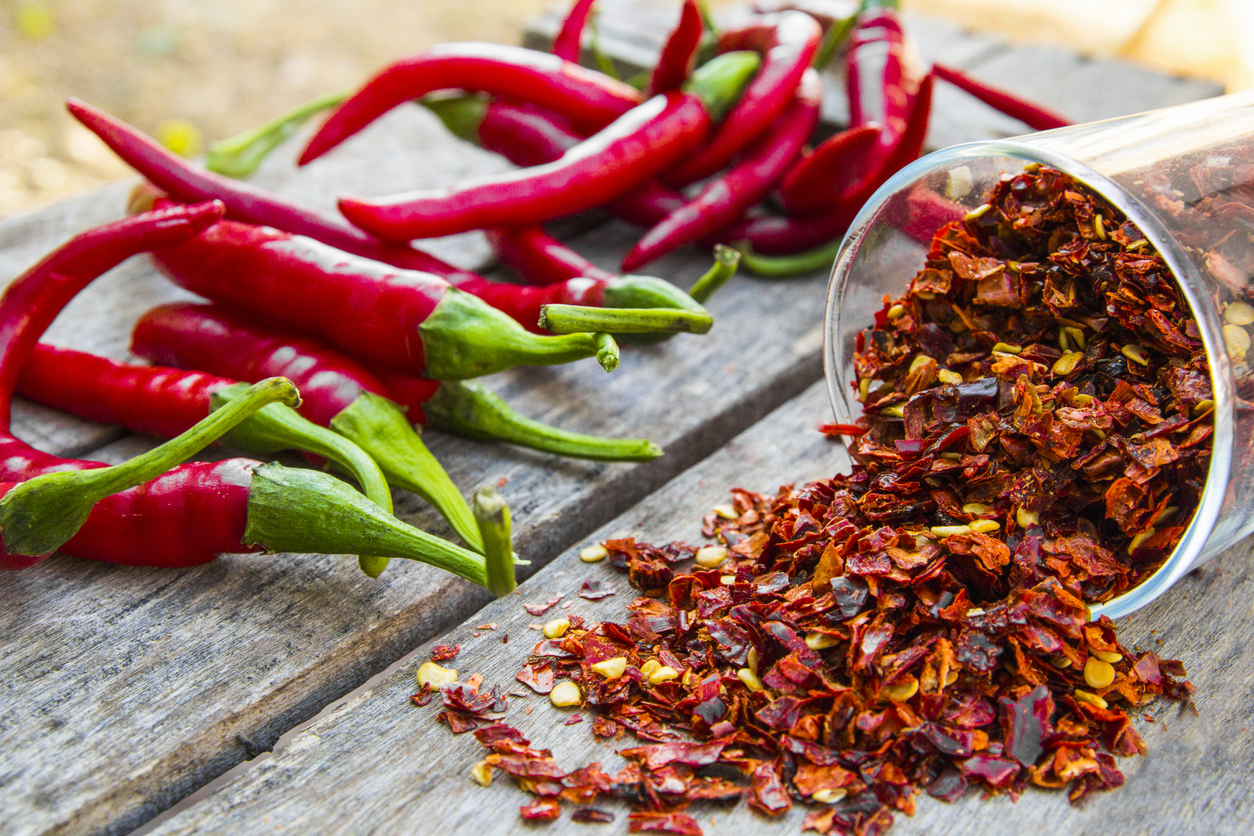
Can You Die from Eating Extremely Spicy Food? While extremely spicy food can cause severe discomfort and health issues, it is highly unlikely to be fatal. However, there have been rare cases where individuals with underlying medical conditions have experienced life-threatening consequences after consuming particularly hot dishes. Physiological Effects of Capsaicin The primary compound responsible for the heat in spicy peppers is capsaicin. When consumed, capsaicin activates pain receptors in the mouth and digestive tract. This can result in: * Burning sensation * Pain * Swelling * Nausea * Vomiting * Diarrhea In most cases, these symptoms subside within a few hours. However, in individuals with certain medical conditions, the inflammatory response triggered by capsaicin can have more serious implications. Underlying Medical Conditions People with the following conditions are at increased risk of experiencing severe reactions to spicy food: * Gastroesophageal reflux disease (GERD): Spicy food can worsen symptoms of GERD, including heartburn and regurgitation. * Ulcers: Capsaicin can irritate and worsen ulcers in the stomach or duodenum. * Inflammatory bowel disease (IBD): Spicy food can exacerbate inflammation in the digestive tract. * Cardiovascular disease: Capsaicin can increase heart rate and blood pressure, potentially triggering cardiovascular events in individuals with underlying heart conditions. * Respiratory issues: In rare cases, severe consumption of spicy food can cause airway irritation and difficulty breathing. Anaphylactic Shock While not common, some individuals may experience anaphylactic shock after eating extremely spicy food. This is a severe allergic reaction that can be life-threatening if not treated promptly. Symptoms include: * Difficulty breathing * Swelling of the face, throat, or tongue * Rapid heart rate * Dizziness * Loss of consciousness Precautions and Treatment If you have any underlying medical conditions, it is advisable to avoid or limit your consumption of extremely spicy food. If you do experience severe symptoms after eating spicy food, seek medical attention immediately. Treatment for the adverse effects of spicy food may include: * Over-the-counter pain relievers * Antacids * Medications to reduce stomach acid * In severe cases, intravenous fluids or corticosteroids Conclusion Although eating extremely spicy food is generally not fatal, individuals with underlying medical conditions should exercise caution. The inflammatory response triggered by capsaicin can potentially exacerbate symptoms and, in rare cases, lead to life-threatening complications. If you experience severe discomfort or allergic reactions after eating spicy food, seek medical assistance promptly.Spicy food lovers rejoice! The burning sensation that comes with indulging in your favorite dishes can actually trigger the release of endorphins, which have mood-boosting and pain-relieving effects. However, it’s important to be aware of the potential downsides of consuming too much capsaicin, the compound that gives peppers their heat.Spicy food lovers rejoice! The burning sensation that comes with indulging in your favorite dishes can actually trigger the release of endorphins, which have mood-boosting and pain-relieving effects. However, it’s important to be aware of the potential downsides of consuming too much capsaicin, the compound that gives peppers their heat. Excessive capsaicin intake can lead to unpleasant gastrointestinal symptoms such as heartburn, chest pain, and diarrhea. Individuals with existing gastrointestinal issues may be particularly sensitive to capsaicin and experience more severe reactions. To avoid these negative effects, it’s best to consume capsaicin in moderation. Dr. Look, a medical expert, suggests that amounts between 0.5 mg and 1 mg can cause mild discomfort. Serious adverse reactions usually occur when ingesting more than 170 mg of capsaicin, equivalent to eating approximately 1 kg of jalapeño peppers. While these symptoms can be unpleasant, they typically subside within half a day. The lethal dose of capsaicin is significantly higher, estimated to be around 35,000 mg for an adult. However, it’s extremely unlikely to reach this level through normal consumption. If you’re concerned about the potential effects of spicy food, consult with a healthcare professional for personalized advice. They can assess your individual sensitivity and provide guidance on how to safely enjoy your favorite spicy dishes.
Can You Die from Eating Extremely Spicy Food?
Related Posts
Kate Hudson Recreated Her Iconic How to Lose a Guy in 10 Days Scene During the World Series, and I Can’t Ignore the Fans’ Reaction to It
Kate Hudson isn’t just an award-winning one actress with famous parents; she is also a huge baseball fan. So it’s no surprise that she attended this year’s World Series to…
Software Catalog Unveils Array of Cutting-Edge Solutions for Enterprise Transformation
Software Catalog Unveils Array of Cutting-Edge Solutions for Enterprise TransformationSoftware Catalog Unveils Array of Cutting-Edge Solutions for Enterprise Transformation Technology is rapidly reshaping the business landscape, making it imperative for…